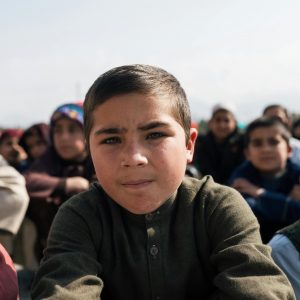Heads of Jerusalem churches express grave concern over Israel’s war on Gaza
JERUSALEM (AA) – The heads of churches in Jerusalem have expressed deep concern over Israel’s war on Gaza, calling on the parties to quickly reach an agreement for a cease-fire.
In a statement, the Patriarchs and Heads of Churches in Jerusalem said that despite repeated calls for a cease-fire and de-escalation, “the situation in our beloved Holy Land (Palestine) has only continued to deteriorate.”
“Millions of refugees remain displaced, their homes inaccessible, destroyed, or beyond repair. Hundreds of innocents are weekly killed or severely wounded by indiscriminate attacks. Countless others continue to endure hunger, thirst and infectious disease,” they said.
Commenting on the Gaza cease-fire talks, the statement accused the leaders of the warring parties of “seemingly being more concerned with political considerations than bringing an end to the pursuit of death and destruction.”
They urged “the warring parties to heed our calls and those of the international community (UNSC Resolution 2735) to reach a rapid agreement for a cease-fire” that could end the war, release all captives, and return displaced people to their homes and areas.
Last week, Gaza cease-fire talks between Israel and the Palestinian resistance group Hamas resumed in the Egyptian capital Cairo.
For months, the US, Qatar and Egypt have been trying to reach an agreement between Israel and Hamas to ensure a prisoner exchange and a cease-fire and allow humanitarian aid to enter Gaza. But mediation efforts have been stalled due to Israeli Prime Minister Benjamin Netanyahu’s refusal to meet Hamas’s demands to stop the war.
Israel has continued its brutal offensive on the Gaza Strip since last October 7, despite a UN Security Council resolution calling for an immediate cease-fire.
The onslaught has resulted in over 40,400 Palestinian deaths, mostly women and children, and over 93,500 injuries, according to local health authorities.
An ongoing blockade of Gaza has led to severe shortages of food, clean water and medicine, leaving much of the region in ruins.












